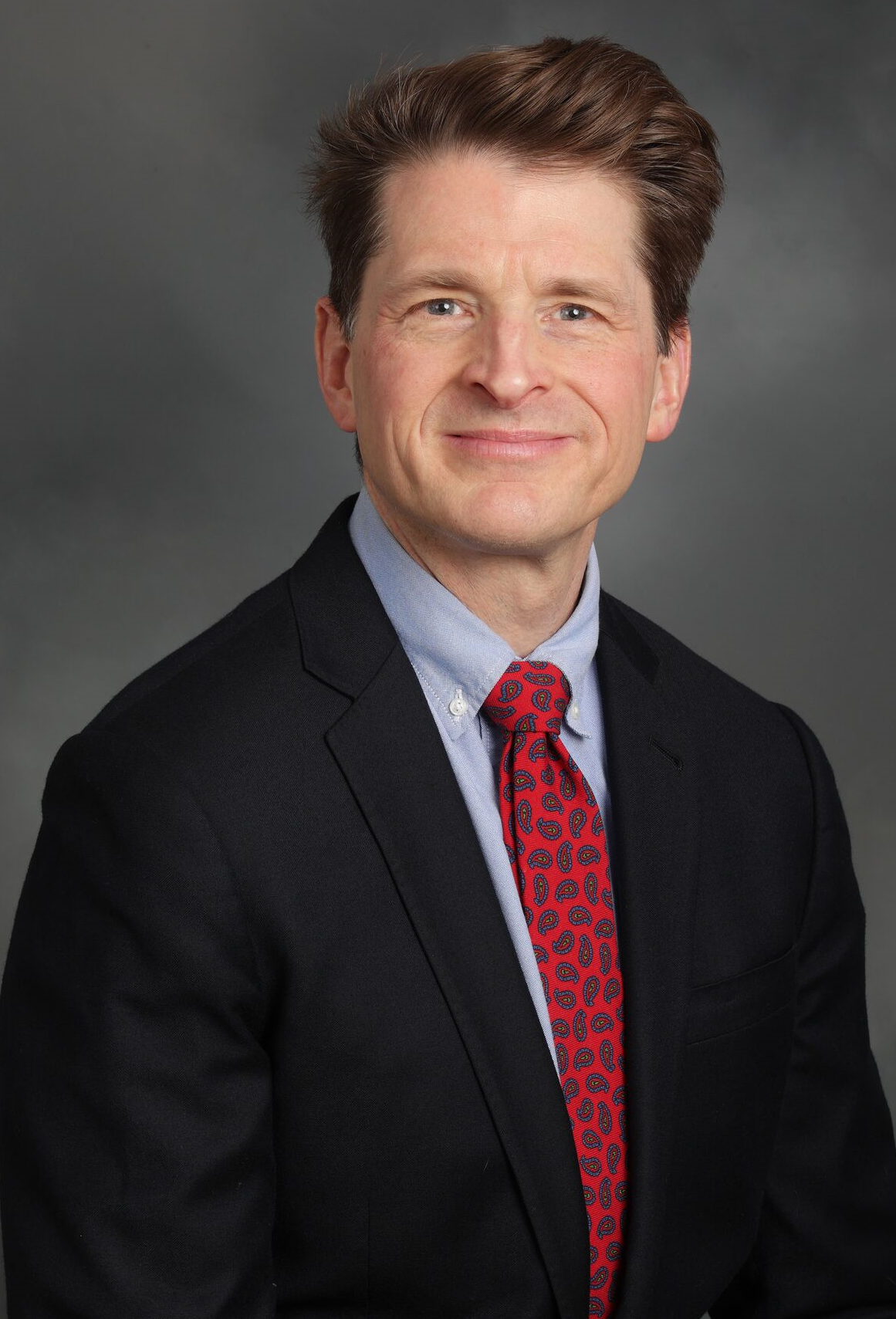A Welcome Message from the Vice Dean
Welcome to the Renaissance School of Medicine at Stony Brook University.
 We are excited to introduce you to our very successful LEARN curriculum. (LEARN is an acronym for Learning-centered, Experiential, Adaptive, Rigorous and Novel.) The preclinical component of our curriculum begins with the Basic Building Blocks of Medicine (The Body, Molecular Foundations of Medicine, Basic Mechanisms of Disease and Pathogens, Hosts and Defenses) to help you develop your foundation. Then, it emphasizes normal physiology, pathophysiology and pharmacology through the Systems-Based Pathophysiology courses, preparing you well for your clinical rotations.
We are excited to introduce you to our very successful LEARN curriculum. (LEARN is an acronym for Learning-centered, Experiential, Adaptive, Rigorous and Novel.) The preclinical component of our curriculum begins with the Basic Building Blocks of Medicine (The Body, Molecular Foundations of Medicine, Basic Mechanisms of Disease and Pathogens, Hosts and Defenses) to help you develop your foundation. Then, it emphasizes normal physiology, pathophysiology and pharmacology through the Systems-Based Pathophysiology courses, preparing you well for your clinical rotations.
You will not learn passively in a lecture hall. Rather, your learning will be a blend of active learning experiences, including audience response sessions, small group cases, laboratory activities, team-based learning exercises and several activities in our Clinical Simulation Center. Early on, the LEARN curriculum will expose you to the ethics and profession of medicine, and you will learn to care for real patients from the get-go during your Introduction to Clinical Medicine, Medicine in Contemporary Society and Themes in Medical Education courses.
After 14 months of preclinical training, you will transition to the clinical component of our curriculum with a solid base of medical knowledge. Over the course of one year, you will be immersed into all the foundational clerkships. During this time, the learning curve is steep as you learn from medical teams and from your patients. Following this, you will have the flexibility and the remainder of your time to explore medical specialties in greater depth, to solidify your choice and prepare for residency training.
During your training, you will appreciate our attention to the Social Determinants of Health. Additionally, you will enjoy our embracement of technology, our use of iPads to enhance our curriculum, and our integration of bedside ultrasound training and Artificial Intelligence in your learning.
Our students continue to make us proud. Our United States Medical Licensing Examination (USMLE) Step scores, Post Graduate Year 1 Survey results, productive research endeavors and active volunteerism are a testament to their successes.
You are entering the profession of medicine at a time of great uncertainty and upheaval in the healthcare of our country. The pandemic revealed the vulnerabilities in our healthcare system, and this was especially the case amongst the disadvantaged members of our society. Recent political decisions are impacting our profession in profound ways. Technological advancements, including telehealth, ultrasound, artificial intelligence and virtual reality, are influencing how we teach and practice medicine. Additionally, Medicine is a profession where we often face ambiguity, uncertainty and information asymmetry, as we attend to our patients and their illnesses and concerns.
It is easy to become overwhelmed by the enormity of our responsibility, the social barriers that obstruct our ability to care for our patients and our still-limited understanding of the complex human systems and processes. However, here at the Renaissance School of Medicine (RSOM), we will help you to embrace these challenges, find excitement in caring for patients, and become problem solvers and lifelong learners.
Sincerely,
Andrew Wackett, MD
Vice Dean of Undergraduate Medical Education
Director, Clinical Simulation Center
Clinical Associate Professor of Emergency Medicine